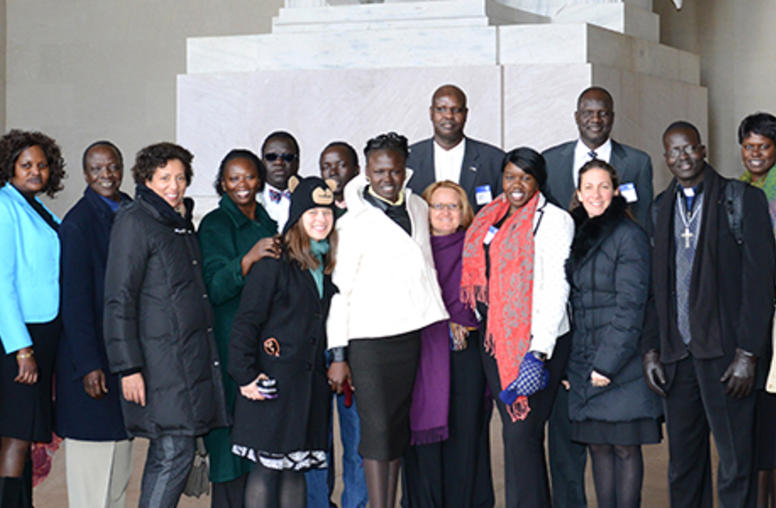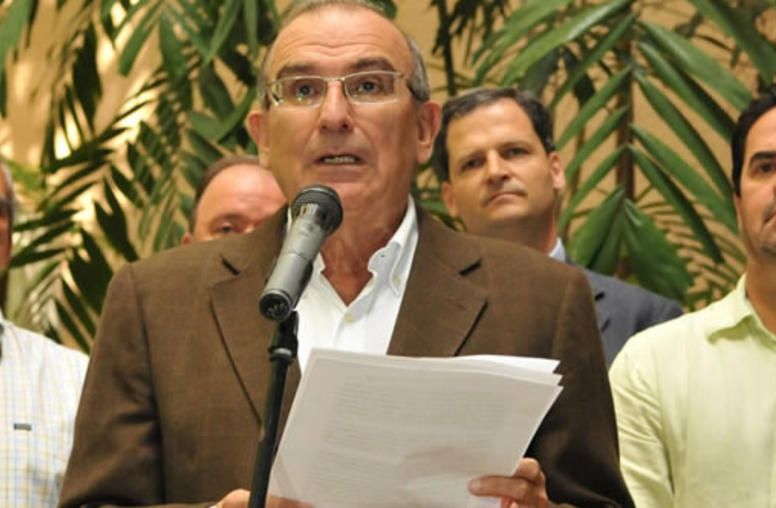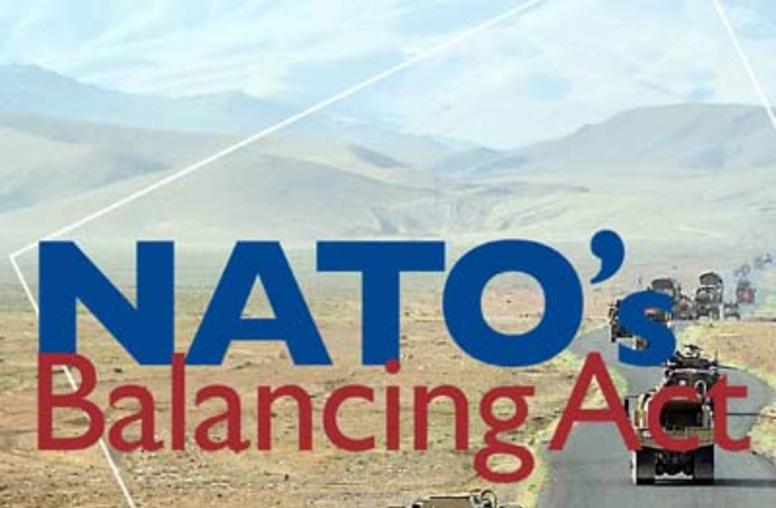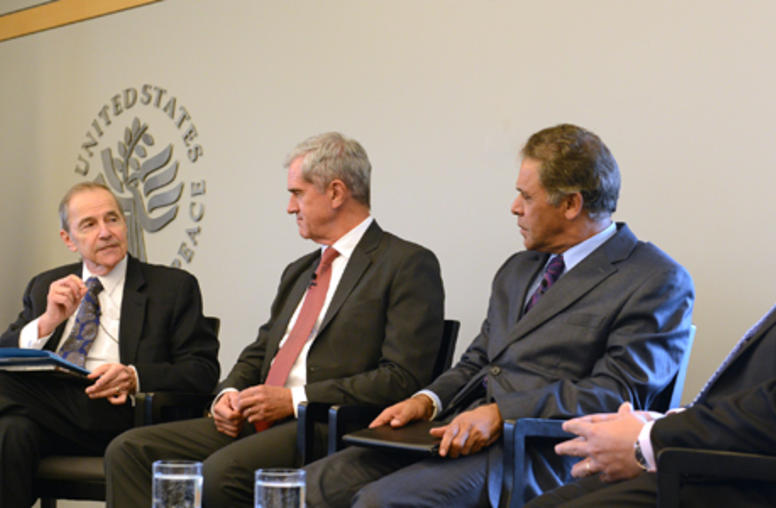Is it Feasible to Negotiate Chemical and Biological Weapons Control?
A controversial proposal for the formation of an international authority that would monitor use of the "poor man's nuclear weapon" and assist countries under attack.
While the dramatic events in Europe have considerably eased international tensions, and the United States and the Soviet Union are reducing chemical weapons stockpiles, Iraq’s invasion of Kuwait in August 1990 suddenly heightened international concerns about chemical weapons. The imminent danger that chemical and biological weapons might again be employed compels the world to confront this issue candidly.
At a United States Institute of Peace Public Workshop held in January 1989, Peace Fellows Robin Ranger and Raymond Cohen offered a unique – and controversially frank – proposal for controlling the spread and use of chemical weapons: the formation of an International Chemical Weapons Authority (ICWA) that would monitor use and provide aid, humanitarian as well as military, to countries under attack. This volume contains the Ranger-Cohen proposal and responses to it by five expert panelists. The ensuing dialogue dealt with not only the effects of chemical weapons proliferation and use but the strategic incentives that drive nations to use them.
In addition to Ranger and Cohen, participants included Gary Crocker (U.S. Department of State), Douglas Feith (law firm of Feith & Zell), Elisa Harris (Brookings Institute), Itshak Lederman (Center for International Security Studies, University of Maryland), and Brad Roberts (Washington Quarterly).



